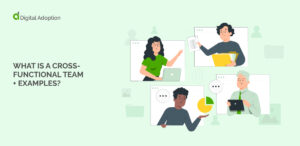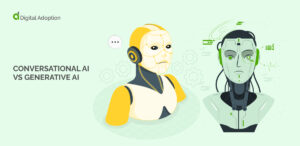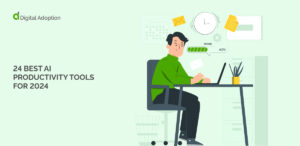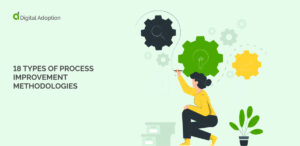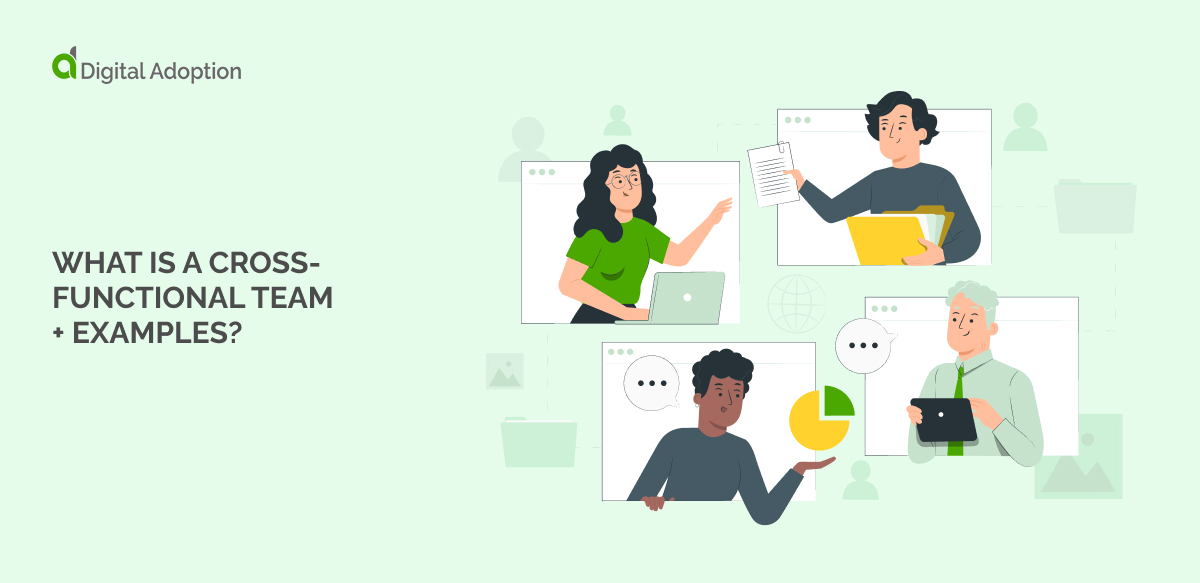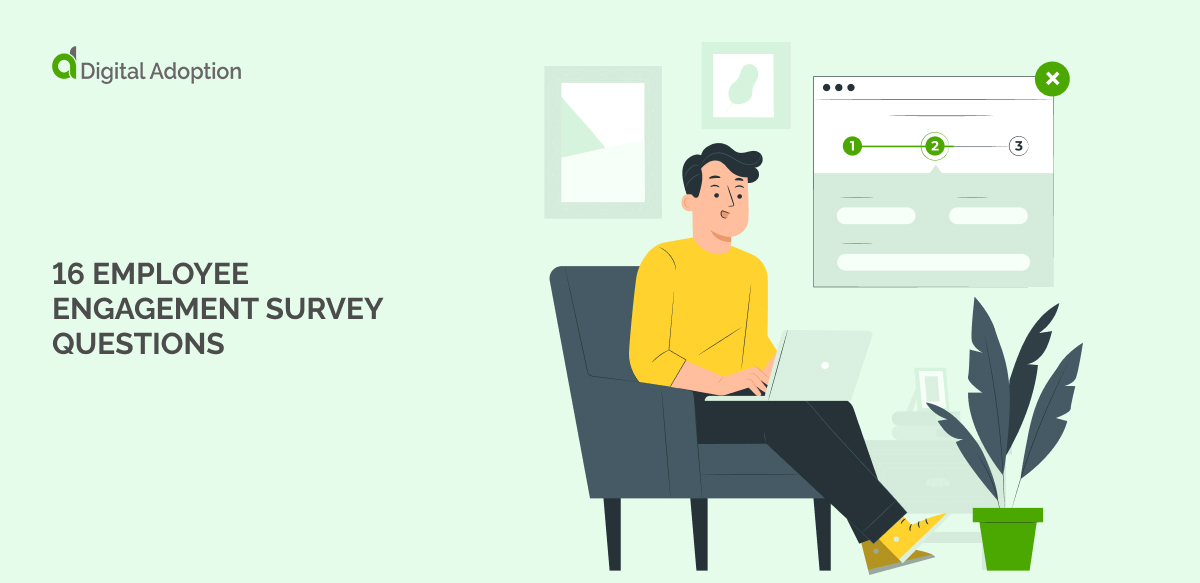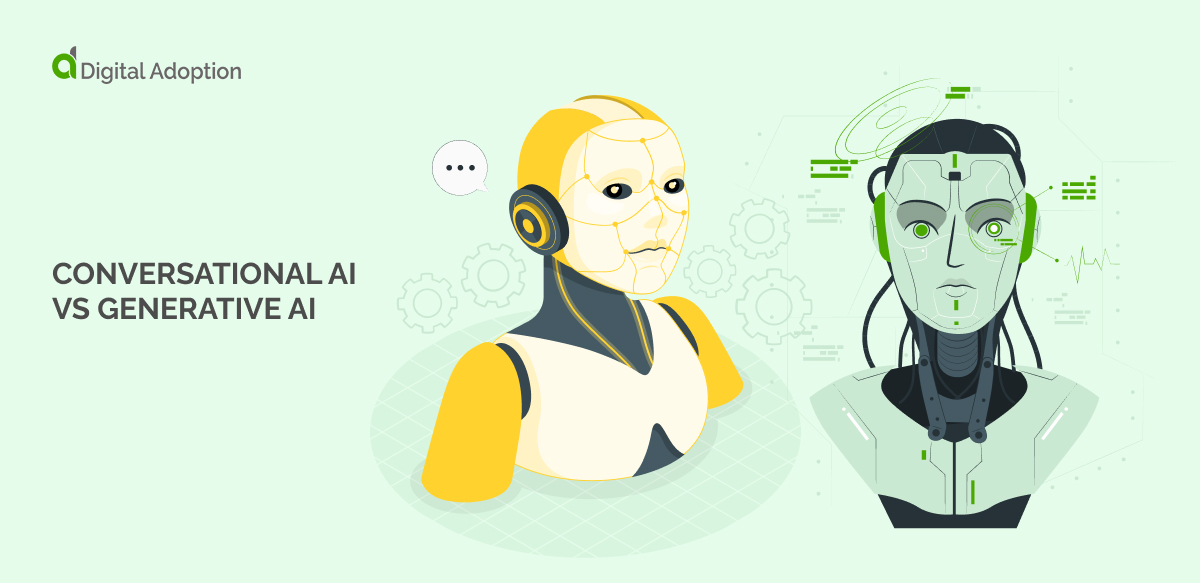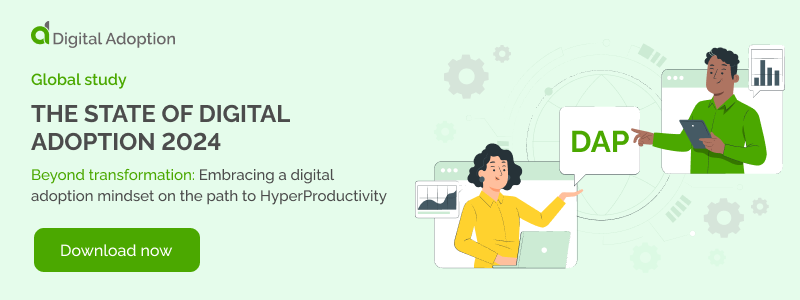In the era of the digital business, IT service management (ITSM) is evolving and emerging as an important part of digital business management.
In this post, we’ll learn how ITSM will evolve in the 2020 – first, though, it is important to understand why ITSM has become so important in the modern business world.
The Importance of ITSM in a Digital-First World
With the digital age comes a new set of expectations, when it comes to organizational performance, the role of ITSM, customer expectations, and more. As a result, ITSM must evolve and expand its role to meet those expanding needs.
Here are just a few reasons why ITSM is becoming more relevant as time goes on:
- Organizations are becoming increasingly digital
- The economy is evolving rapidly, and IT services must keep pace
- The effectiveness of ITSM impacts organizational performance, efficiency, and even the bottom line
In short, IT itself has become a core value driver in every organization, so any company that wants to stay competitive will understand ITSM’s role and modernize their IT strategy and their ITSM processes.
How Will ITSM Evolve in the 2020s?
To develop a forward-thinking ITSM plan, it is of course necessary to know what the future holds. Also, since ITSM depends on so many other external factors, as we saw above, it is important to understand how those will affect ITSM’s growth.
Let’s look at a few trends that will shape the evolution of this field in the years ahead:
1. Artificial intelligence (AI)
Artificial intelligence (AI) has received a lot of press and hype in recent years, promising exponential gains in productivity and performance. Some even expect this technology to completely transform the way we live and work.
Unsurprisingly, a profound technology will exert a massive influence upon the field of ITSM.
In the near-term, AI security will become a top concern for many CIOs, since AI can be used both offensively and defensively in the cybersecurity arena.
Another use case for AI in ITSM is performance improvement.
There are several applications of AI to ITSM, including:
- Composable IT infrastructure, which uses AI-driven algorithms to dynamically compose IT infrastructure as needed
- Robotic process automation (RPA) can automate many repetitive tasks within ITSM, increasing productivity and improving efficiency
- AI-powered customer care improves the customer experience, slashes customer service costs, and simplifies many aspects of ITSM, such as incident management
Since AI can deliver significant performance gains – if not a competitive advantage – it is important to watch this technology closely.
2. Enterprise service management (ESM)
Enterprise service management (ESM) is an acronym that represents both a new approach to service governance and management, as well as new IT platforms.
This new approach to service management applies ITSM approaches, such as ITIL, to enterprise services.
ESM is designed to integrate IT with other business functions such as:
- Finance
- Human resources
- Customer service
- Legal
- Marketing
In short, ESM can be applied to virtually any area of the organization.
This new approach, however, doesn’t just represent a change to business areas such as those listed here, it also represents a shift in ITSM’s core practices. As IT becomes increasingly central to the organization, the more important it will be to integrate ITSM with enterprise service governance and enterprise architecture.
3. DevOps
As ITSM evolves, DevOps will become increasingly popular within ITSM.
DevOps, which combines both development and operation teams, focuses on principles such as:
- Incremental change
- Automation
- A production pipeline built around continuous improvement
- Regular feedback and input
Since DevOps aligns well with business approaches such as agile, adopting this approach in ITSM can help organizations’ IT programs stay adaptable, innovative, and fast.
4. Low-code and no-code platforms
Another software trend that is influencing the entire enterprise is the no-code and low-code movements.
Low-code platforms streamline and automate app development and only require a small amount of programming in order to finalize an app’s creation.
No-code platforms, on the other hand, require zero coding and can be used by anyone, regardless of their technical skill level. Digital adoption platforms (DAPs) are examples of no-code tools that can be used to develop apps, automate workflows, and more.
As ITSM grows more complex, platforms such as these will significantly streamline the approach to app development and they can save ITSM teams time and money.
5. Remote ITSM
As we all know, 2020 was a tumultuous year that brought about many difficulties on a global scale.
At the same time, that crisis accelerated innovation in many areas of business.
Remote working is one example – since employees were forced to work from home, many companies were compelled to adopt new workflows and new software. Migration to the cloud, for instance, became commonplace and many organizations can now operate effectively either online or offline.
While many workers will return to the office, the transition to the cloud and a remote working paradigm foreshadows a future where ITSM will also be more remote.




